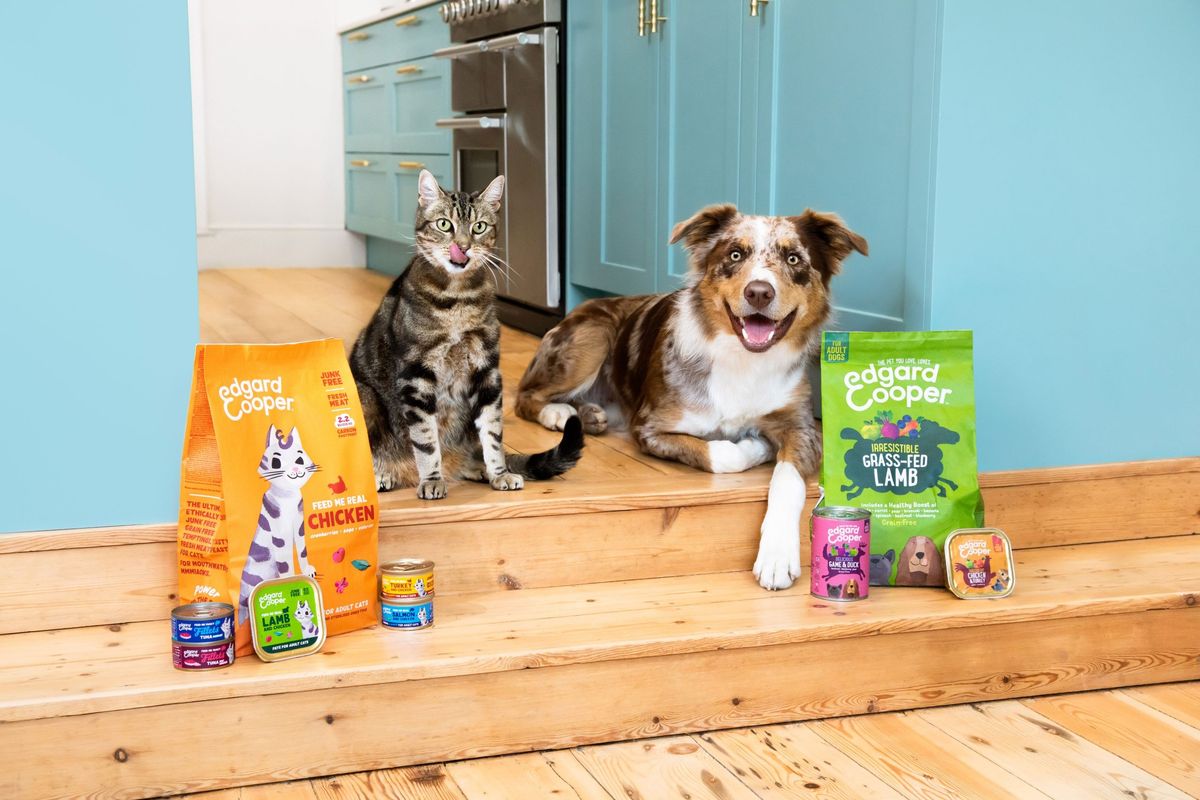General Mills has on Tuesday announced that it has completed the acquisition of Edgard & Cooper, one of Europe’s leading independent premium pet food brands.
The American food giant said the transaction further advances its Accelerate strategy, including the prioritisation of its core markets, global platforms and local gem brands to drive sustainable, profitable growth and top-tier shareholder returns over the long term.
“Edgard & Cooper is at the intersection of our Accelerate strategy's core markets and global platforms,” said Jon Nudi, group president, Pet, International and North America Foodservice, General Mills. “We’re thrilled to welcome the Edgard & Cooper team to the General Mills family, and we look forward to partnering together to advance their mission to revolutionize premium, natural pet food.”
Established in 2016, Edgard & Cooper is one of the fastest-growing independent pet food companies in Europe, with estimated 2023 retail sales of more than €100 million (£85.5m) across 13 markets. Headquartered in Kortrijk, Belgium, Edgard & Cooper will be a separate operating unit led by its three founders, Koen Bostoen, Louis Chalabi and Jürgen Degrande, with its financial results consolidated into General Mills’ International segment.
“We’re excited to join Team General Mills and continue doing what Edgard & Cooper is passionate about — making better dog and cat food with real ingredients that pets love and pet owners feel good about,” Bostoen said." Combining our brand’s natural positioning and commercial capabilities with General Mills’ marketing and supply chain expertise, we’re ready to accelerate Edgard & Cooper’s growth.”
General Mills acquired the business from The Craftory, a $550m (£439m) global consumer venture capital fund focused exclusively on responsible consumer packaged goods.
The London and San Francisco-based investment house, which led Edgard & Cooper’s $26m Series B and $22m Series C fundraising rounds, said the exit proves that their unique “sustainable capitalist approach” works in even the most challenging environments.
“Edgard & Cooper’s journey is the perfect substantiation of The Craftory’s belief in the power of brands, cause-driven business culture and exceptional founders,” Elio Leoni Sceti, co-founder and chief crafter at The Craftory, commented.
“Koen, Louis and Jurgen combine vision, energy and determination with a focus on excellent execution. They’ve been a perfect fit for The Craftory’s operating model – partnering and working closely with the brands we invest in – which has supported Edgard & Cooper’s move to profitability and the significant growth of its sales.
“We are thrilled that these results, and the strength of the business, have attracted General Mills and wish all the best for Koen, Louis, Jürgen and the whole Edgard & Cooper team in their next, no doubt successful, chapter.”
General Mills said it will fund the acquisition with cash on hand.


